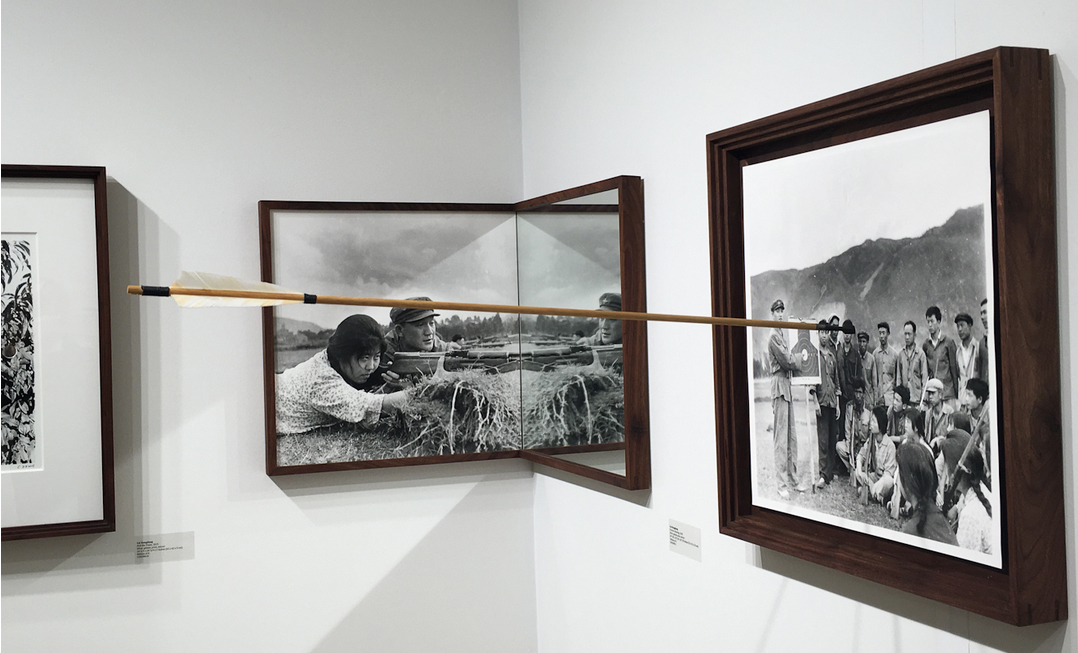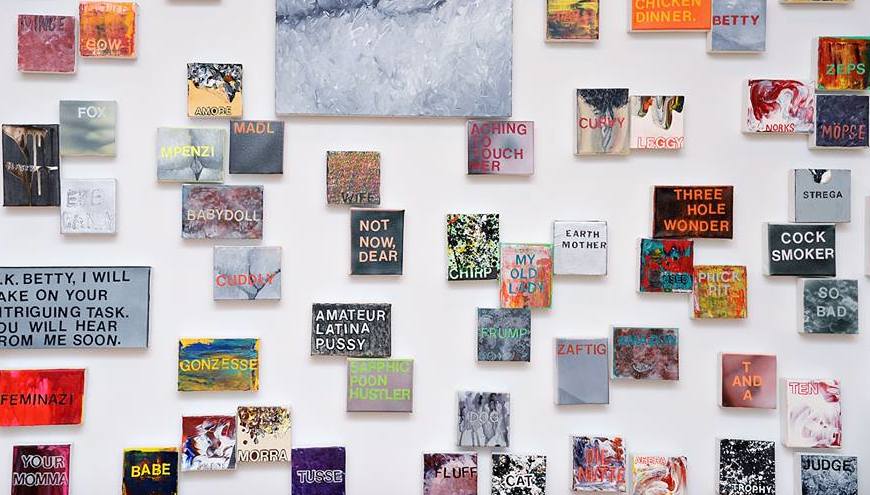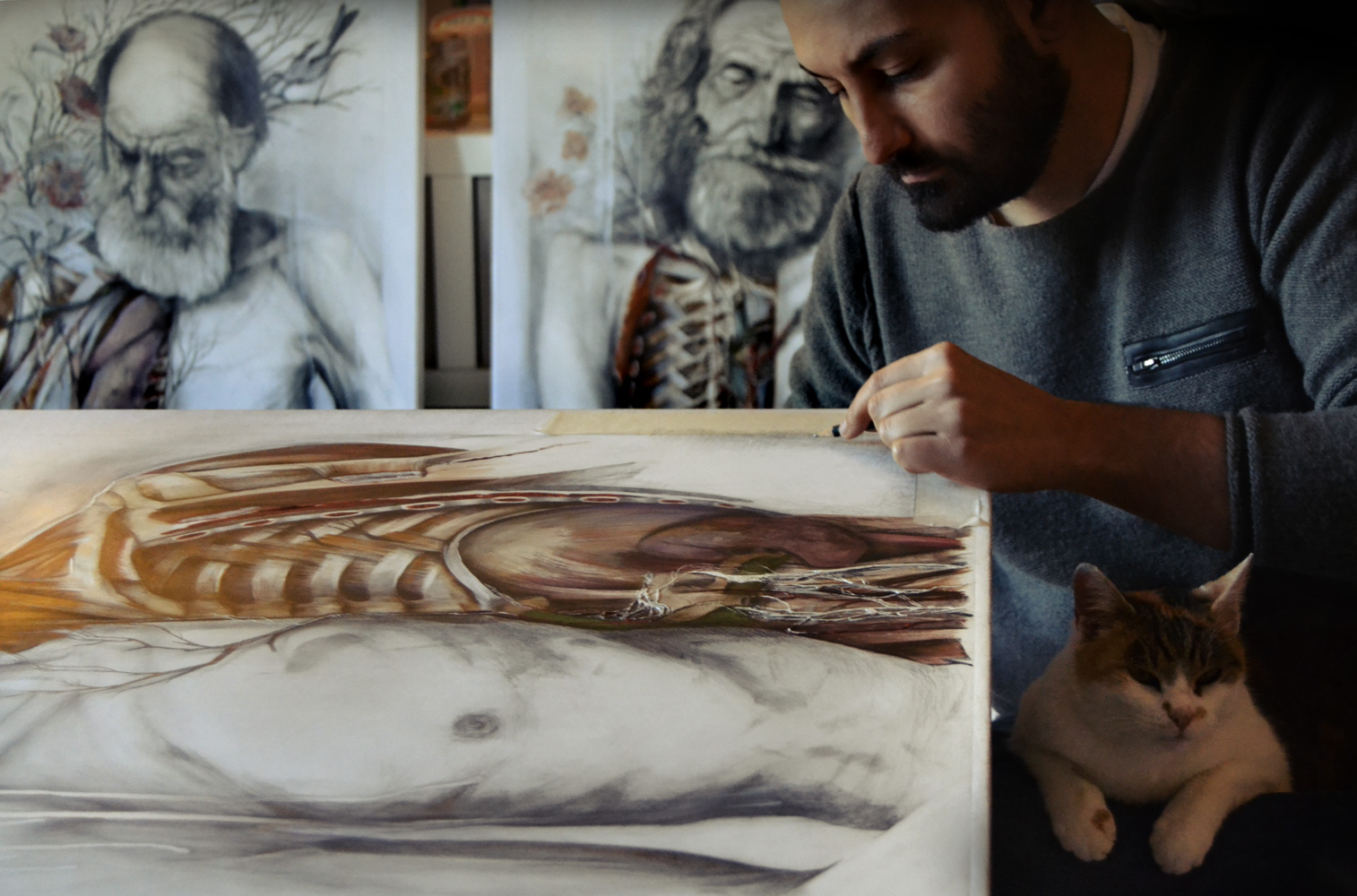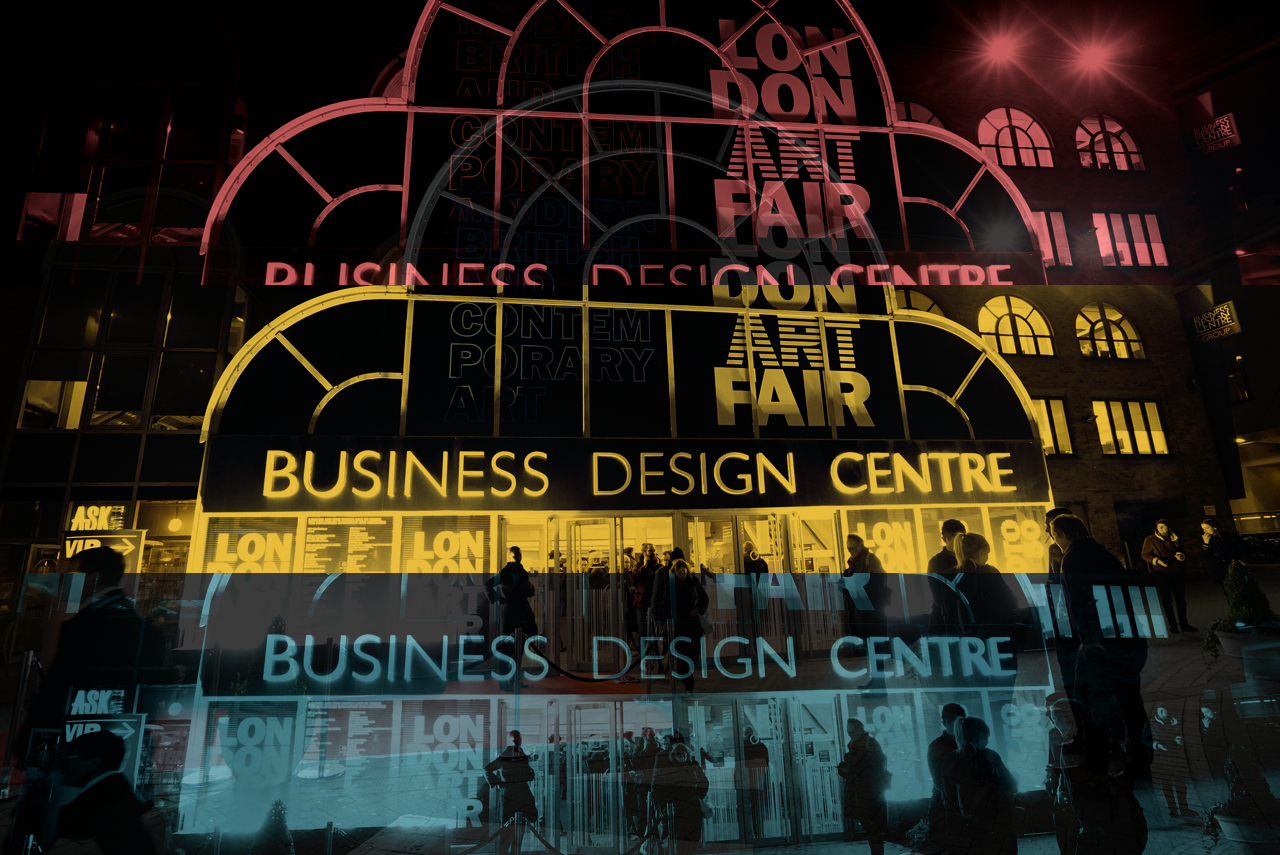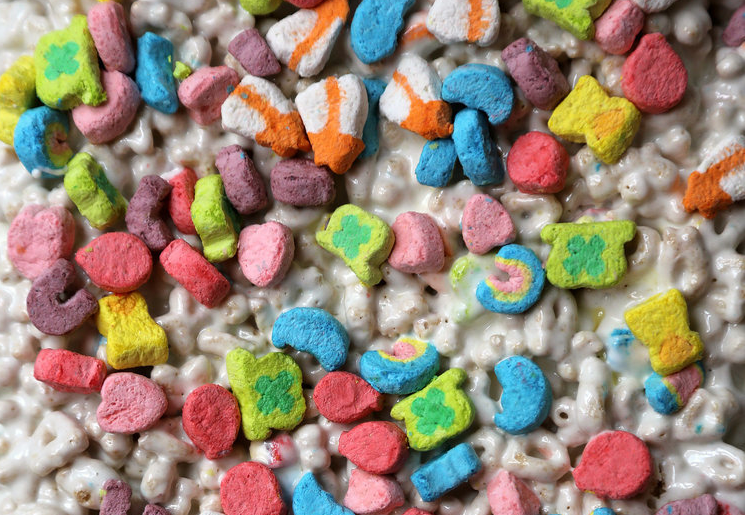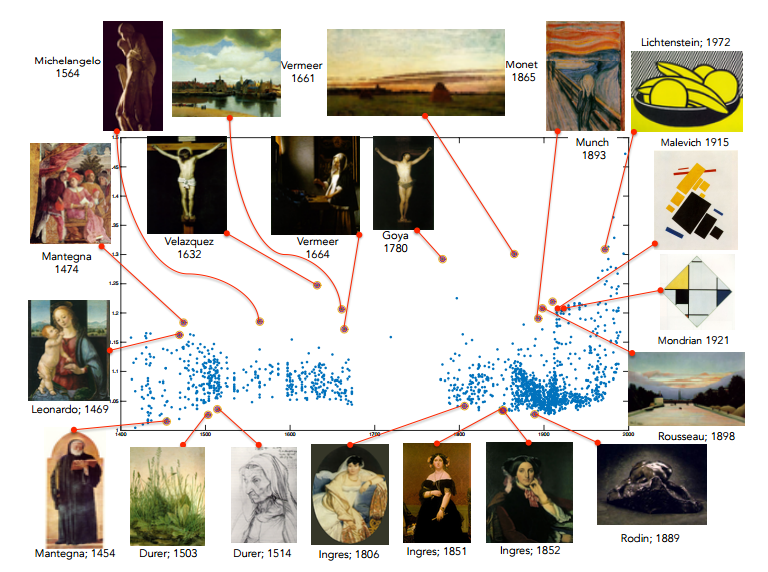
“Can we develop a computer algorithm that assesses the creativity of a painting given its context within art history?” ask Rutgers researchers Ahmed Elgammal and Babak Saleh in their recent paper Quantifying Creativity in Art Networks. This question seems only to beg more questions, beginning with: how do you define creativity, anyway?
Elgammal and Saleh used a database of approximately 62,000 pictures of prominent paintings, many sourced from WikiArt. The list was modified to exclude mediums such as “sculpture, graffiti, mosaic, installation, performance, photos, etc.” The range was also narrowed to focus on “Western paintings.” They then used classemes, a programming technique that allows the computer to assign pieces of art to particular categories. The last component of this formula is the most debatable: their formula for creativity.
The researchers stated that, “among the various definitions of creativity, it seems that there is a convergence to two main conditions for a product to be called ‘creative.’ That product must be novel, compared to prior work, and also has to be of value or influential.” Using this criterion, celebrated works such as Durer’s 1514 portrait of his mother receive a low rating, as it’s style falls into an already established genre of the time. This proves that the algorithm cannot account for technical finesse and attention to craft. It does, however, identify pieces like Edvard Munch’s The Scream and Christ Crucified by Goya as highly creative and influential, a conclusion that has been reached by countless art historians.
To many in the art world, this may evoke visions of a science fiction dystopia in which machines supersede humans not only in the efficient completion of tasks, but also in our ability to analyze the nuances of beauty and creativity. This algorithm may be able to draw similar conclusions about art as top art critics, but the purpose and intention of the art itself is completely lost on the machine: to experience pleasure, to feel.
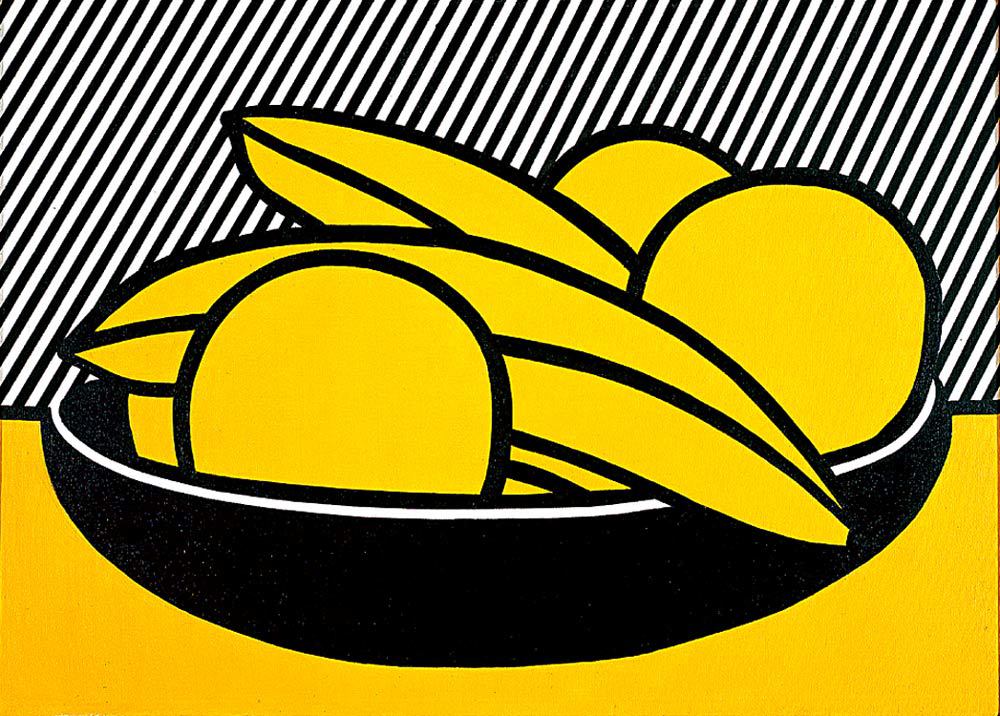
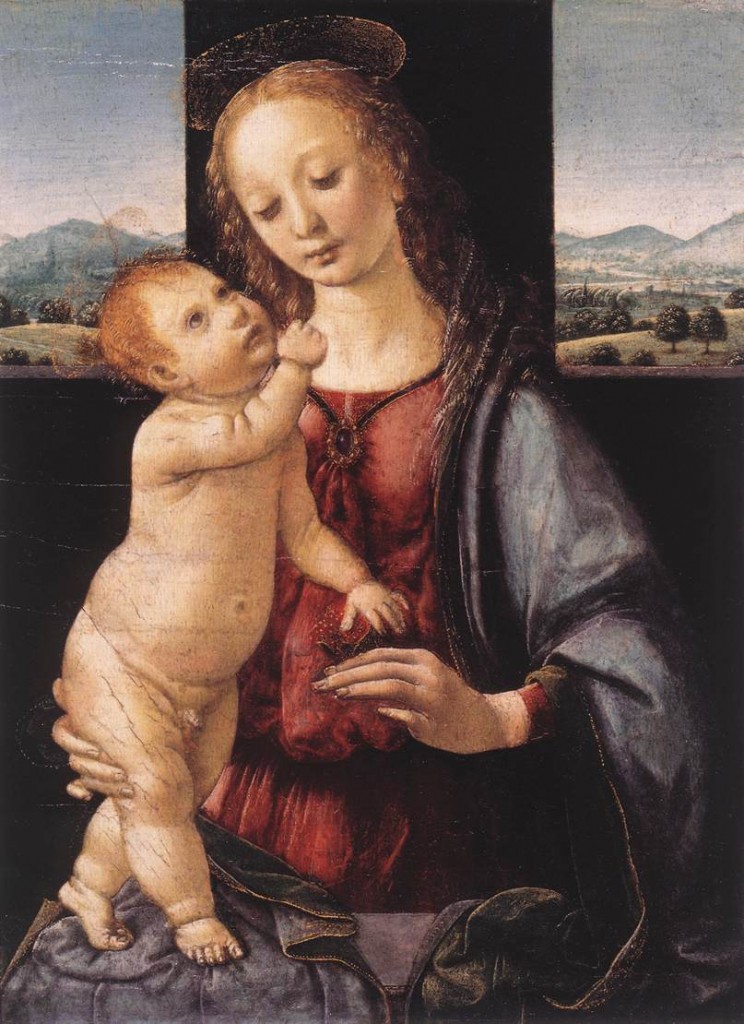
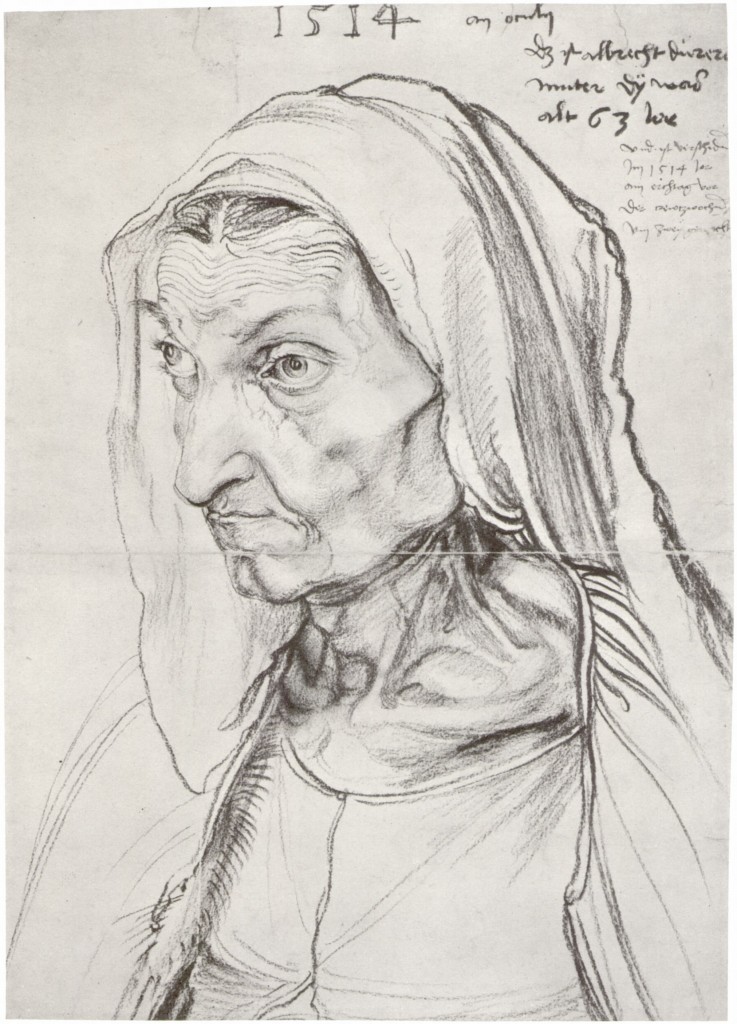
This project will be presented at the International Conference on Computational Creativity at the end of the month.
Robots will take over the world, you know, any day now….
h/t: Slate, Techxplore, Engadget



